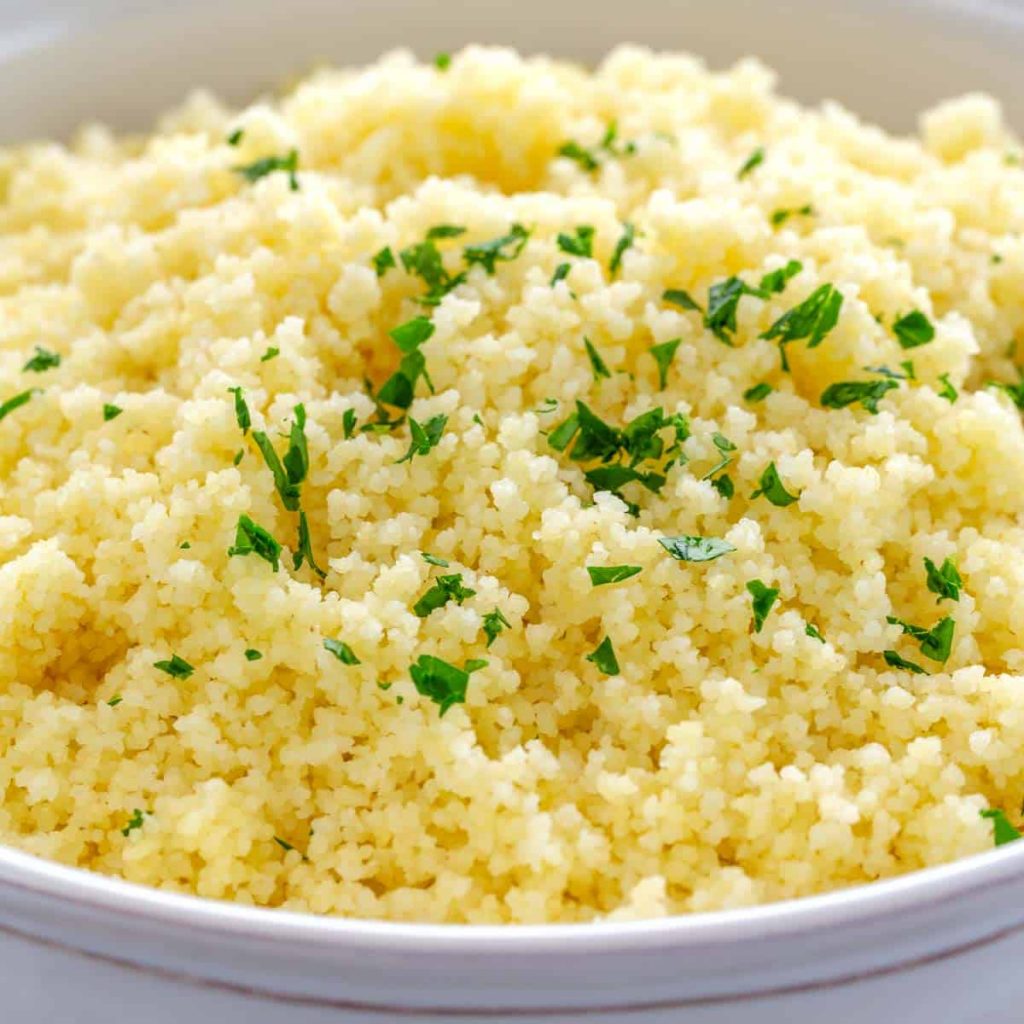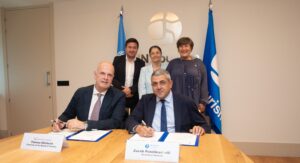Couscous, the Berber dish beloved across northern Africa’s Maghreb region and beyond, Wednesday joined the UN list of the world’s intangible cultural heritage.
The countries that submitted the listing to UNESCO — Algeria, Morocco, Tunisia and Mauritania — may have their differences, but their common love of the grain staple runs deep.
“Couscous, present at every social or cultural event, is at once ordinary and special,” their joint presentation argued.
“Ordinary because of the frequency of its use in a family setting, and special because of the unifying and propitiatory role it plays at convivial community occasions at which food is shared.”
Bland by itself, couscous is served with meat or fish, spicey stews, chickpeas and vegetables in a mouth-watering variety of dishes.
Moroccan restaurant owner Hicham Hazzoum was among the couscous connoisseurs who applauded UNESCO’s honour.
“I think we are the only Arab countries to have a high regard for this dish,” he said. “It is impossible not to eat it every Friday.
“Moroccans are crazy about couscous and even children love it. It shows that the couscous flame will never go out.”
Across the region, couscous — also known as Seksu, Kusksi and Kseksu — is as elementary as rice or noodles are to Asian cuisine, the staple without which no meal is complete.
Arabic dictionaries have documented “Kuskusi” since the 19th century, though it is known to be far older.
The regional pride in couscous found full expression in the countries’ joint nomination for the “knowledge, know-how and practices pertaining to the production and consumption of couscous”.
“Women and men, young and old, sedentary and nomadic, from rural or urban communities or from immigrant backgrounds all identify with this element,” it gushed.
“The ethos of couscous is the expression of community life.”
– ‘Great unifier’ –
Couscous is prepared from wheat or barley, and sometimes from maize, millet or sorghum, which is ground into semolina.
This is rolled into pellets which are sieved and later soaked and repeatedly steamed.
“Women, in particular, play a fundamental role in the preparation and consumption of the dish, and in practising and preserving the related symbolic value systems,” said the paper.
The girls learn not only the techniques but also “the songs, gestures, characteristic oral expressions and ritual organisation” that go along with the process.
Algerian chef Rabah Ourrad said about making his couscous dishes: “I didn’t learn this in a cooking school. It’s decades of observing the mother, the sisters and all North African women who are experts in this.”
In an often fractious region, there were hopes the joint bid would strengthen a sense of common identity.
After Algeria four years ago sparked the ire of regional rival Morocco by planning its own couscous nomination, the 2020 bid was a cross-Maghreb initiative.
Ourrad also passionately argued that couscous could serve as the region’s great unifier.
Algeria, Morocco and Tunisia all have their particular styles, he said, but adding: “We are all the same people, and the couscous is Maghrebi, the couscous is ours.”
Not everyone was fully on board with the mushy couscous diplomacy, including Hazzoum, the Moroccan restaurant manager.
“I say this with all due respect to other countries,” he told AFP, “but Moroccan couscous is the best.”
Source: AFP








